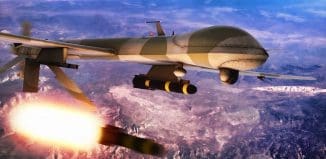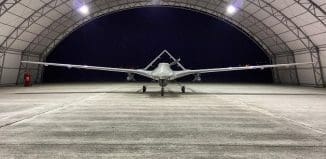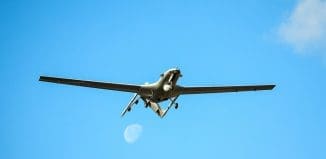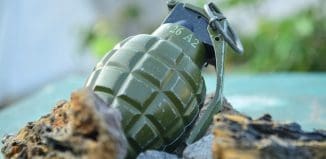Cut of ties with Israel prompted local development of weapons by Turkey
This post is also available in:  עברית (Hebrew)
עברית (Hebrew)
The complete cut of ties between Israel and Turkey has accelerated the development of advanced weapon systems in Turkey.
When the “Honeymoon” between the two countries was on, Turkey purchased and planned to purchase all types of Israeli made weapon system.
The Turkish military does not boast the world’s most advanced gear for precision strikes, but a number of local programs are progressing, signaling reduced future dependence on foreign systems.
That has changed. According to Defense News Turkish officials recently reported “critical progress” in three systems they have been developing over the past years.
Procurement officials said the first critical firing tests for the Atmaca, a Turkish anti-ship missile, went “extremely successful.”
The Atmaca is a radar-guided anti-ship cruise missile with a range of 120 miles. When the program took off in 2009, the idea was to build an indigenous anti-ship missile “with features similar to the Exocet.”
But during its development phase Turkish authorities decided that the Atmaca instead should look like the Harpoon Block II, which is already in the Turkish inventory.
“There is an understanding that the Atmaca will eventually replace the Harpoon,” said one procurement official familiar with the program.
The Harpoon is an all-weather, over-the-horizon, anti-ship missile system, developed and manufactured by McDonnell Douglas (now Boeing Defense, Space & Security). It was introduced in 1977. The Harpoon system also has a land-strike variant, the Standoff Land Attack Missile. The regular Harpoon uses active radar homing and a low-level, sea-skimming cruise trajectory to improve survivability and lethality.
“The Atmaca will help us move forward to our goal of achieving maximum lethality with minimum cost,” said one Navy official. “That target is essential for countries like Turkey that have budgetary constraints.”
An Ankara-based analyst said the military is aiming at a “better and cheaper hit” as the local industry has advanced in several indigenous programs over the past years.





























